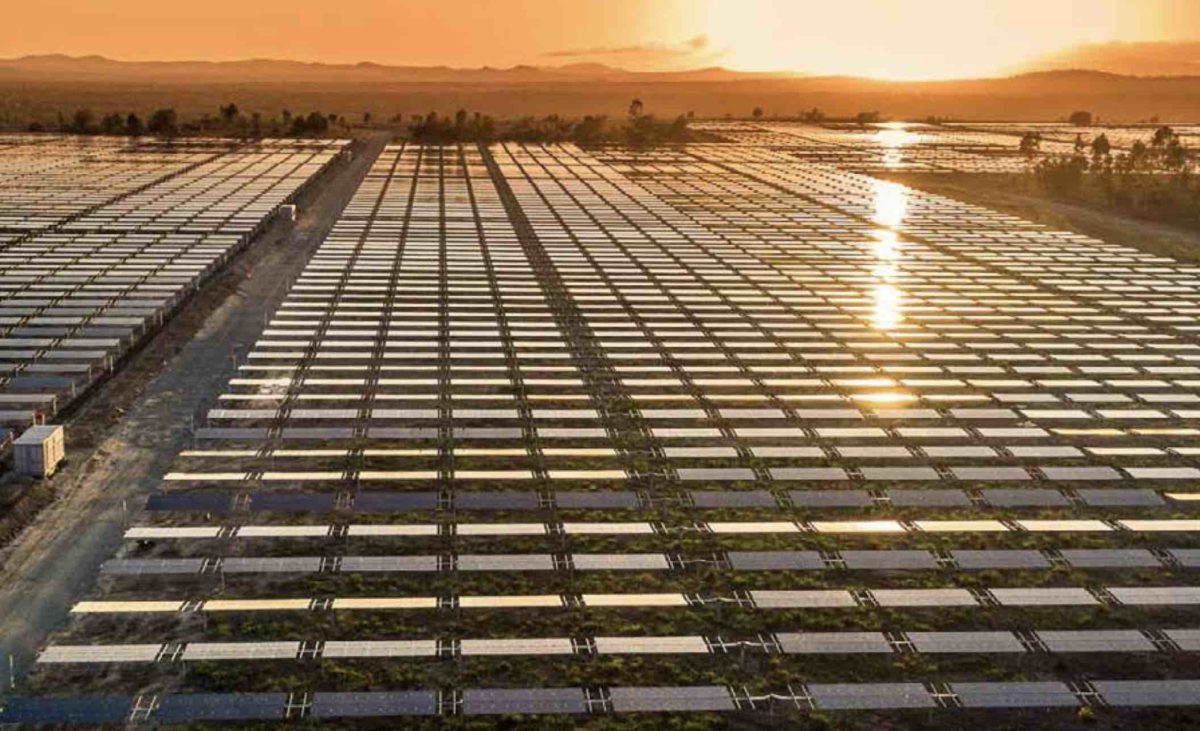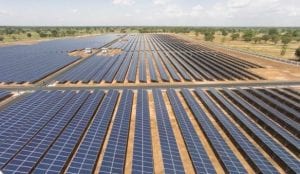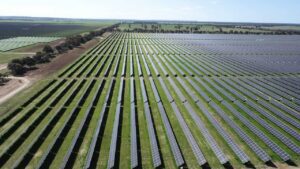The Queensland government’s proposal to legislate a rule requiring all solar panel installations to be handled by a licensed electrician continues to prove unpopular among industry.
The rule change, a more severe form of which was nixed by the state’s Supreme Court in 2019, would include requiring only licensed electricians to do any servicing and repairs on electrical components of electric vehicles (EVs) either in a garage or in road-side breakdowns.
“It looks like the Queensland government are once again riding the good old trojan horse of ‘safety’ in order to slow down the uptake of renewables,” said Huon Hoogesteger, managing director at Smart Commercial Solar.
“The idea that solar panels need to be carried only by electricians was floated a couple of years ago using the same tactic,” he added.
“The ETU (the Electrical Trades Union) is trying to insinuate that solar panels are dangerous in their natural state simply because they have the ability to generate electricity. It’s irrational.”
The moves are part of a reform to the Electrical Safety Act 2002, which started in 2020 and came back with 83 recommendations dealing with issues ranging from the scope of the Act and coverage of emerging energy generation and storage technologies, hydrogen-based electricity generation, off-grid generation, and regulatory, licensing, and supply chain duties reform.
It is currently open for public consultation.
The recommendation on solar panels wants to see electricians handle all connections and testing, and to directly supervise, if not doing it themselves, cable installation and panel mounting.
Hoogesteger said solar panels are safe, and such a rule would constitute a waste of labour.
“Having an electrician ‘directly supervise’ the laying of panels or running of cables is simply not a practical solution, and doesn’t result in increased safety,” he said.
“This is neither practical, financially feasible and nor does Queensland have the electrical labour force available to do this.
“Solar panels are very safe. the voltage and power output of single panels is very low voltage and protect the installers by design.
“The reality is that the solar electricians in Queensland are already overloaded with work, they have no capacity, and to saddle them with additional construction work is irrational and not based in science.”
Hoogesteger also said the industry was already heavily regulated to ensure high safety standards.
“Solar is one of the most regulated sectors of the electrical industry,” he explained. “There have been no deaths caused by carrying panels or laying panels on a roof. Electricians are required to connect the panels and inverters as it is.”
Moreover, Hoogesteger warned the move would slow the uptake of renewables in the state.
“It’s already apparent that Australia is going to fail to meet our 2030 renewable energy targets at our current installation rate,” he said.
“Any slow down to installations will further impact not just the workers, companies and customers, but also potentially Australia’s rankings in global sustainability contribution.”
The reforms are in response to attempts by the state in 2019 to controversially require only licensed electricians to mount and fix solar panels on projects of 100kW and over — effectively ruling out anyone with an electrician qualification from even doing the heavy-lifting of moving panels into place.
The rule was declared “invalid” in the Queensland Supreme Court, after a legal challenge by a solar farm developer.
At the time solar installers called it a “cheap shot” at a booming industry, and projects such as the commercial installation of a 3.2MW rooftop array installed at the processing plant of Primo Smallgoods in the Brisbane suburb of Wacol wouldn’t have been possible.
Danin Kahn, the CEO of Todae Solar, said the 9,700 panels system were completed in less than five months after it was announced by employing around 30 unlicensed workers, but it would have been “rendered unfeasible” by such a rule.
Bringing solar into the Act
The final report from the review said the failure of the government’s 2019 rule to stand up in court was due to solar panels not being captured under the Act as individual panels are extra-low voltage devices.
“The solution is to explicitly include within the definition of ‘electrical equipment’ solar panels when connected to be of a combined voltage of greater than extra low voltage. The same approach is open in respect of connected battery cells,” the review report said.
The plan is to include solar panels, EVs and batteries in the Act and to add a new section that would capture new extra-low voltage devices under the definition of “electrical equipment”, and would include off-grid generation.
In this way the Act will be able to regulate a range of new technologies and ensure safety standards.
“The Palaszczuk government wants to ensure this Act is fit for purpose and keeps pace with changes in technology – that’s why we want Queenslanders to have their say,” said minister for industrial relations Grace Grace.
“We know how much technology and electricity use has changed since 2002 and that’s why we commissioned a review of the Act.
“I encourage the community to have their say by providing feedback during the consultation periods, and I thank everyone who contributes.”
Solar community unimpressed
Hoogesteger’s comments join existing criticisms from among the solar industry.
“At the end of the day it’s going to push up the cost of installations without any tangible benefit because there is no real electrical safety risk on commercial installations,” SolarEdge technical director James Sturch told RenewEconomy.
“All this is really going to achieve is having a lot of qualified people standing around watching other people doing things.”










